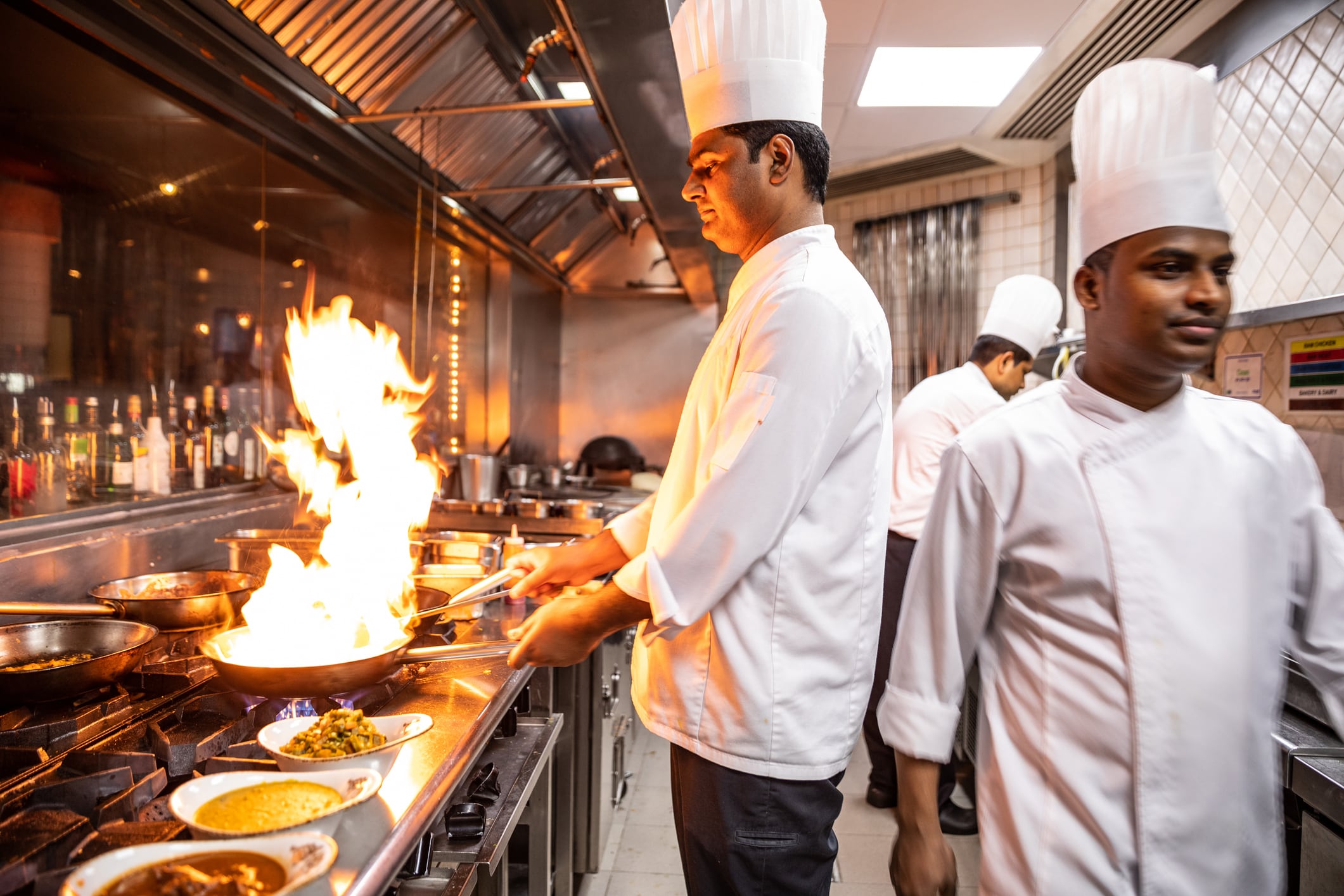Trade Secretary Jonathan Reynolds told The Independent the deal, announced yesterday (6 May), will allow Indian chefs, as well as yoga teachers and musicians, to come and work in the UK via the contractual services suppliers route, which had previously been closed to India.
The contractual services suppliers route is a pathway for workers and self-employed people from overseas to enter the UK for between six and 12 months to provide services under a contract covered by one of the UK’s international trade agreements.
The worker must be sponsored by a UK-based business and meet other criteria like having relevant qualifications or experience.
Reynolds said the agreement includes ‘modest changes’ to business mobility, not immigration, with a cap of 1,800 professionals able to access the contractual service suppliers route to the UK.
“I want to be clear, there is no impact on the immigration system of the deal that we have agreed,” Reynolds said.
Currently, the primary route for Indian chefs coming to work in the UK is a skilled work visa, which can be costly for restaurant operators.
Writing last year on her website about staff shortages in the UK hospitality sector, high-profile chef Dipna Anand, who has restaurants in Milton Keynes and Southall, London, said: “In the case of Indian restaurants, we require specialist skilled staff for sections in the kitchen, for example tandoori chefs and specialist pastry chefs.
“To obtain such skilled chefs, we have the option of bringing in staff from abroad through work permit visas, however, the process and fees involved in doing such is extortionate to afford for an SME such as my restaurant.”
She added that a tightening of immigration policies post-Brexit had led to a dearth of available workers.
“This shortage hits Indian restaurants hard, as there is also a specific need for chefs who not only have general culinary skills but are also adept in regional Indian cooking techniques,” she continued.
“The art of Indian cuisine is intricate and often passed down through generations, so finding the right talent who possess these traditional skills is a challenge compounded by current immigration policies.”


